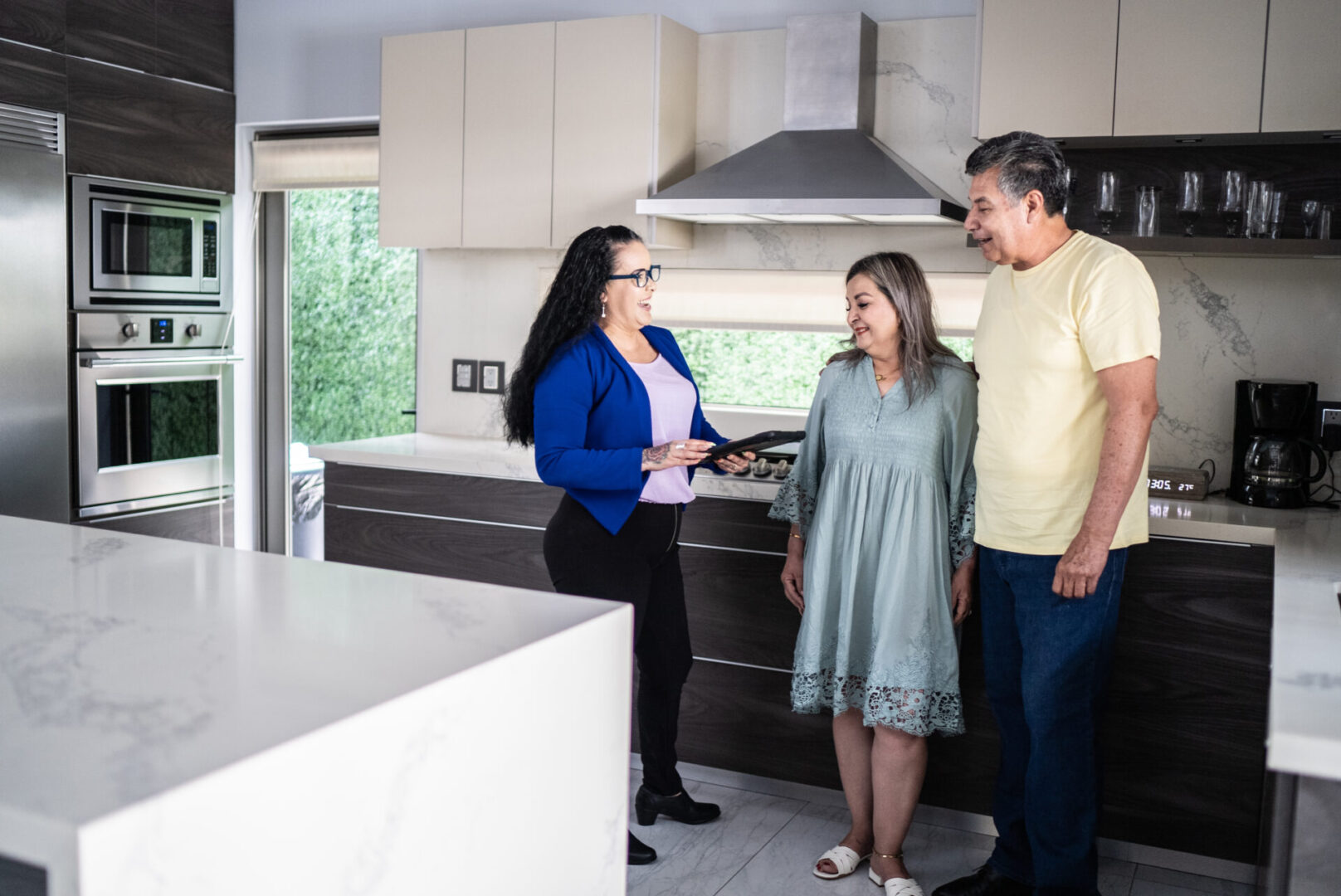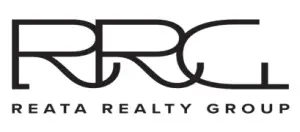
Home—Asset or Anchor?
The big question for current and future retirees is how much equity is in their homes and to what extent will they be willing to use it to fund retirement choices. The mature generations see their homes as the last place they would ever give up or risk. The Baby Boomers, on the other hand, are more accustomed to seeing real estate, including their homes, as part of a portfolio of financial assets. They may be less hesitant than their parents’ generation to take cash out of home equity through a line of credit or loan. A big question is whether they will see their homes as an asset that can be tapped to support their retirement years or echo the attitudes of the preceding generations who would never put their homes at risk.
Often, the Silent Generation will be sellers before they become buyers. In many cases, they will be strictly sellers as they transition to senior apartment complexes, retirement communities, or family living situations.
HOUSE LOCKED?
Following the economic recession, real estate values declined across the country, with home values sinking below mortgage balances in some areas. But for debt-free older homeowners, an upside-down mortgage may be less of an issue than loss of value.
Although market conditions have, for the most part, recovered to near pre- recession values, there are other considerations that may work to inhibit a senior seller from downsizing or moving on. As a real estate professional, you should work with these sellers to determine how comparable homes affect their property’s value and acknowledge any inhibiting factors that the seller has identified. After listening to the seller’s concerns, explain available options so that they do not feel “house locked” in their current property. If sellers can identify solutions based on your recommendations, it is likely that they will work with you to achieve their goals.
